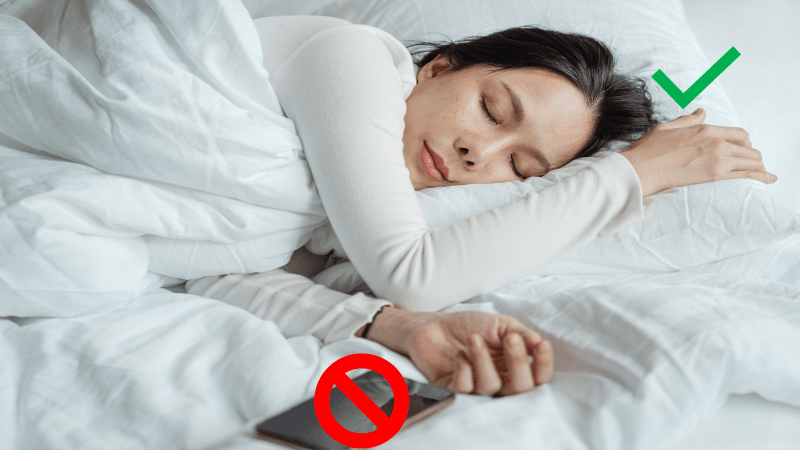10 Effective Ways to Manage Depression and Anxiety
Summary: Depression and anxiety can be overwhelming and affect your mental health, but there are several ways to manage and cope with these conditions.
This article explores 10 effective strategies to help you overcome depression and anxiety and lead a more fulfilling life.
Please note that in order to experience the full benefits, it’s important to consistently engage in these activities even on days when you don’t feel like it. It may be challenging at first, but over time, it should become easier and more natural.
Please be aware that depression is a serious condition, and if you are struggling to cope, it’s important to seek professional help.
If you are concerned about the cost of therapy, online therapy may be a more affordable option worth considering.
Subheadlines:
Post:
Depression and anxiety are common mental health conditions that can affect anyone, regardless of age, gender, or background. These conditions can cause intense feelings of sadness, hopelessness, and fear, and impact your overall well-being.
However, there are several effective strategies you can use to manage depression and anxiety and improve your mental health.
Here are 10 proven ways to manage depression and anxiety:
- Prioritize Self-Care
Self-care involves taking care of your physical, emotional, and mental health. This means getting enough sleep, eating a balanced diet, drinking enough water, and engaging in activities that make you happy. When you prioritize self-care, you’re better equipped to handle stress and cope with depression and anxiety.
- Practice Mindfulness and Meditation
Mindfulness and meditation are effective ways to reduce anxiety and improve your mental health. Mindfulness involves paying attention to the present moment without judgment, while meditation involves focusing on your breath or a specific object to calm your mind. By practicing mindfulness and meditation regularly, you can become more self-aware and learn to manage your thoughts and emotions.
Exercise Regularly
Exercise is not only good for your physical health but also your mental health. Regular exercise can help reduce stress, improve your mood, and increase your energy levels. It doesn’t have to be intense; a 30-minute walk or yoga session can be beneficial.
Seek Professional Help
If your depression or anxiety is affecting your daily life, it may be time to seek professional help. A mental health professional can help you identify the root cause of your depression and anxiety and provide treatment options, such as therapy or medication. Maybe Therapy out of reach? Try the convienience of ONLINE THERAPY you will surprised by how affordable it is!

- Connect with Others Connecting with others can help you feel less alone and provide emotional support. Whether it’s talking to a friend or joining a support group, reaching out to others can help you manage depression and anxiety
- Establish a Healthy Routine Establishing a healthy routine can help you feel more in control of your life and reduce stress. This includes setting a regular sleep schedule, eating meals at consistent times, and incorporating exercise and self-care activities into your daily routine.
- Challenge Negative Thoughts Negative thoughts can fuel depression and anxiety, but learning to challenge and reframe these thoughts can help you develop a more positive mindset. Whenever you have a negative thought, ask yourself if it’s based on facts or assumptions. Challenge your assumptions and look for evidence that supports a more positive outlook.
- Limit Social Media and Technology Use
Social media and technology can be overwhelming and contribute to anxiety and depression. Limiting your use of social media and technology can help you reduce stress and improve your mental health. Set boundaries around your technology use, such as not checking your phone before bed or taking a break from social media for a week.

- Get Enough Sleep
Getting enough sleep is crucial for managing depression and anxiety. Lack of sleep can exacerbate symptoms and make it harder to cope with stress. Aim for 7-8 hours of sleep per night and establish a bedtime routine that helps you wind down and prepare for sleep.
- Pursue Your Passions Engaging in activities that you enjoy and are passionate
